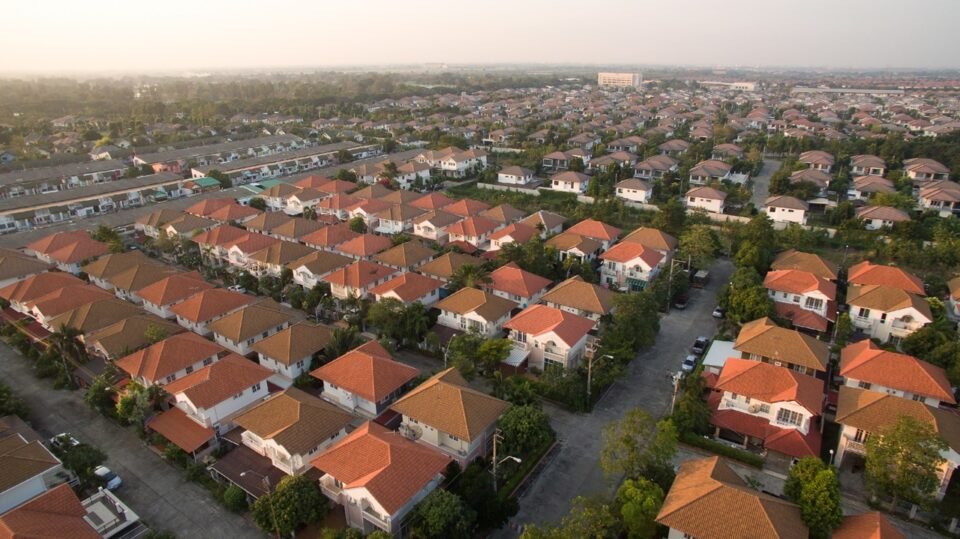Move Forward and Pheu Thai, the two political parties that garnered the most seats in the most recent general election, have made plans to address rising household debt, which is regarded as a serious structural economic issue in Thailand and which, according to the National Economic and Social Development Council (NESDC), has reached a record high of 15.09 trillion baht.
In order to fight informal debt (lenders without licenses), the Move Forward Party has set aside a budget of 10 billion baht for debt restructuring (refinancing). To solve the non-systemic debt issue, the government will step in as a host.
The Office of the Prime Minister, the National Police Bureau, the Office of the Attorney General, the Revenue Department, and the Department of Special Investigation (DSI) will all participate in the implementation of these measures by negotiating with the creditors to restructure the debt in order to help debtors pay off their debts.
There will be a new debt restructuring plan that will combine loans from financial institutions and teachers’ cooperatives into a single debt for occupational groups with severe debt problems, including government teachers. Commercial banks will be given information about individual teachers’ debts to help them determine whether it would be risky to lend money to them if they couldn’t afford it.
If teachers have a strong track record of loan repayment, the cap on salary deductions will be lowered to no more than 70% of monthly income.
The state financial institutions that debtors owe money to will put in place mechanisms to help people who have a track record of on-time payments. Their interest rates will be 10% lower if they have made on-time payments for more than 12 installments. To offset the drop in interest rates, the government will assist the budget.
Pheu Thai, on the other hand, suspends debt repayment in an effort to address debt issues, especially agricultural obligations. The party would enact a debt moratorium because 90% of Thai farmers are in debt, with an average debt of about 430,000 baht per household. Farmers would be given a 3-year grace period on both principal and interest payments under this policy, along with agricultural restructuring initiatives to boost their income.
When the debt moratorium restrictions are lifted, they will be allowed to pay off their debts.
A one-year debt moratorium would be offered to SMEs, which have 2.3 million accounts and 200 billion baht in debt, or debt that is designated as non-performing loans (NPLs), in addition to targeted debt restructuring that takes into account the demands of the private sector. All SMEs that were formerly successful but were impacted by the COVID-19 problem would be subject to this.
Pheu Thai suggests bringing informal debts into the formal system by competing with informal lenders, offering lower and safer interest rates, and providing government guarantees through support for so-called Pico Finance. This would benefit the estimated 1.4 million people with informal debts who have been identified as being financially excluded from the formal credit system and lacking collateral.
Additionally, Pheu Thai seeks to grow the debt in the off-budget system by allocating funds for loan guarantees, which would let the government take on some of the public’s credit-access risk. Together, the two processes will put a halt to the off-budget debt cycle and bring about long-term debt relief.




